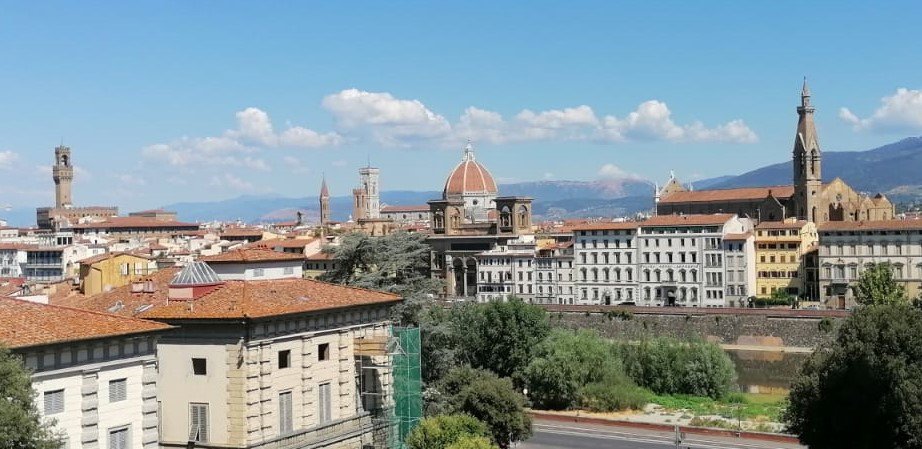
The “Case a 1 Euro” Project (Homes for 1 euro)
A project to revitalise the economy of small Italian villages
What is it?
The “Case a 1 euro” Project (House for 1 euro) was born in a small Sicilian town, with the aim of repopulating increasingly abandoned areas of Italy: abandoned properties should be considered as a source of cultural development.
This is a project that has enabled the economy of small villages to be revived with respect to compulsory renovation after purchase, under conditions set out by individual municipalities. This decision has enabled the construction, services and trade sectors to recover and has benefited the tourism and accommodation sectors.
The “House for 1 euro” initiative has been a great success and is contributing to the revival of Italian villages, especially those in the south. There are many people interested in investing in properties that boast an excellent geographical location, and special attention is paid to foreigners, with around 80% of buyers coming from the United States.
Second home or Investment?
Tenders are usually issued to limit speculation and to prevent one person buying several properties for resale.
However, in other villages where abandonment is not a major problem, auctions are open to those who want to invest: whether it is a holiday home, a small hotel or a shop, these villages leave room for those who would like to invest in the village without necessarily living there.
How does it work?
“Case a 1 euro” is a project in which the municipality sells a property for a symbolic price of one euro. However, the buyer must expect to bear additional costs, as they are obliged to:
- renovate the property (typically within one year of purchase)
- pay the Notary fee
- commence work within a certain timeframe (typically within two months of obtaining a permit)
- provide a guarantee of between 1,000 and 5,000 euros
- Owners can, however, take advantage of government subsidies for renovation, such as the Superbonus or renovation bonus, which allows them to deduct 50% of the costs incurred from their taxes, up to a maximum of €96,000.
- You cannot always resell a house which you have just bought.
- The Homes for 1 euro Project is aimed primarily at those who are planning to move in, as the initiative aims to repopulate communities that are experiencing a steady decline in population.
Hospitality activities
The "Case a 1 euro" project is beneficial not only for those interested in buying a property to live in, but also for the creation of new tourist activities, as the economy is revived with the repopulation of the villages.
Buying a property for a symbolic price and then renovating it into a hotel or small guesthouse can be an excellent investment for foreign tourists interested in culture and art and, in particular, who want to have a 100% Italian experience. In recent years, thanks to the hidden treasures of the peninsula, tourism has been developing rapidly in lesser-known villages.
Where to look
Anyone interested in participating in the "Case a 1 euro" project must contact the municipality directly. Each municipality may have different procedures. If a municipality has approved a project, it publishes a notice of the possibility of participating in that project and its conditions. In general, the buyer is asked to fill in forms to express their preferences, interest in a particular house and to commit to buying and renovating the house.
Here you can find a list of municipalities that have approved the "Case a 1 Euro" project for year 2023.
For foreigners
Non-resident foreigners and non-EU citizens have the right and possibility to benefit from the “Case a 1 euro” project. However, this is subject to the existence of an agreement between the Italian government and the government of the country of origin. The key element is to have an Italian tax code, which allows the payment of taxes and the identification of the citizen vis-à-vis the public authorities and administration.
